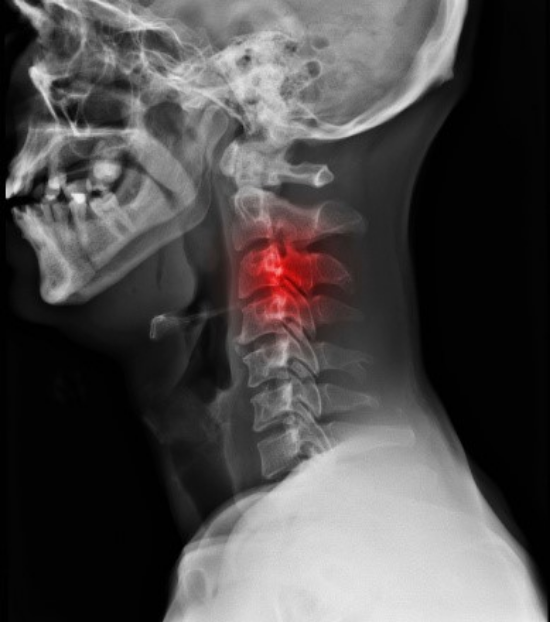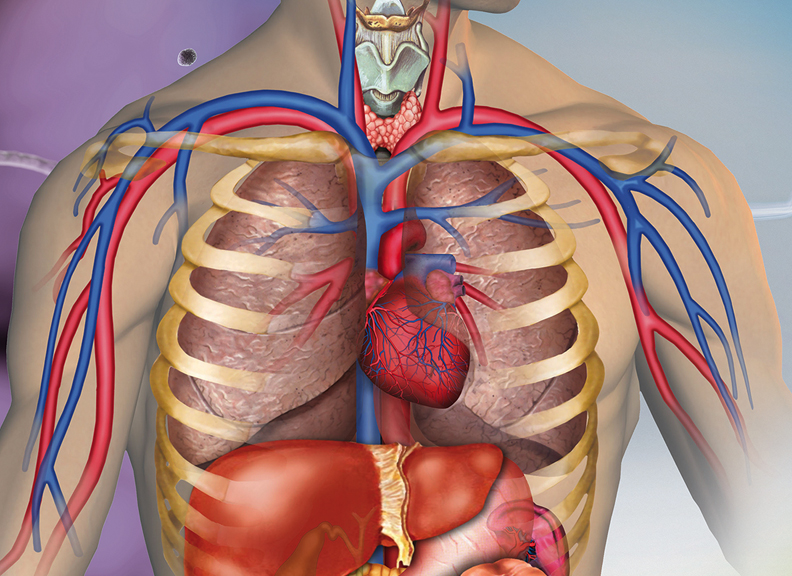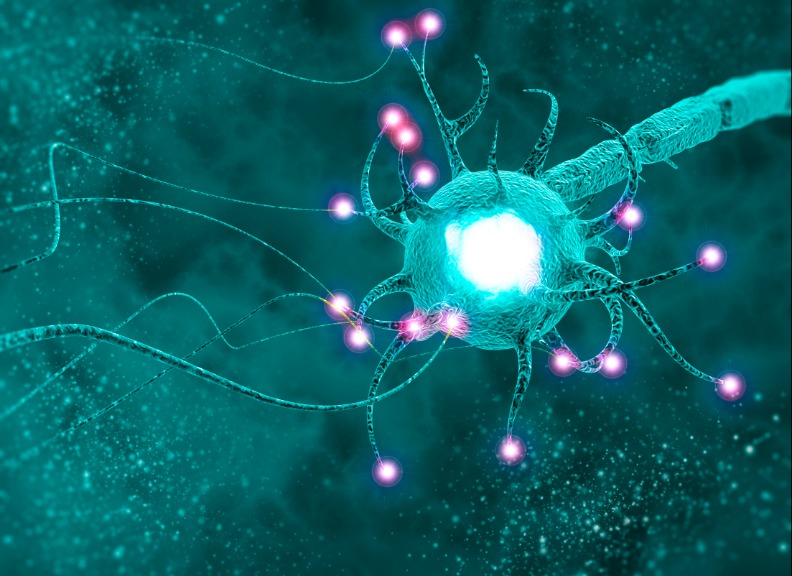
Research
Neuroscience (Human Sciences)
Unravelling the complexities of the human nervous systems
Neuroscience is a multidisciplinary field that includes the anatomy, physiology and biochemistry of neuronal function and neuronal circuitry at molecular, cell and organ levels within the central and peripheral nervous systems.
Neuroscience is also a major research strength in the School of Biological Sciences, with interdisciplinary teaching and research spanning the two schools.
Key research areas
Our research falls within two broad categories:
- Hearing deafness and sensory neuroscience
-
Deafness is one of the most common sensory deficits. The Auditory Laboratory specialises in original research into the physiology of hearing, deafness and tinnitus, and associated aspects of neurophysiology and membrane transport. It is one of Australia's leading research institutions in auditory physiology, and hosts UWA’s Master of Clinical Audiology.
Key staff contacts
- Neuroscience and neurotherapy
-
Our research focuses on developing and testing novel therapeutic strategies for the treatment of neurotrauma and neurodegenerative diseases in the central nervous system. Strategies include stem cell and neural tissue transplantation, pharmacotherapy, gene therapy, and the application of biocompatible polymer systems, with an emphasis on protection and repair of the spinal cord and visual system.
Key staff contacts
Research laboratories
- Auditory Laboratory
-
The Auditory Laboratory researches the physiology of hearing, including deafness, tinnitus and forms of auditory plasticity. The laboratory is one of Australia's leading research institutions in auditory physiology, and has established a worldwide reputation for excellence in teaching and research. The laboratory also hosts the Master of Clinical Audiology and the Master of Clinical Audiology and Doctor of Philosophy.
Our research specialises in the following areas:
- Behavioural testing
- Cochlear physiology
- Histology
- In vitro preparations
- Molecular biology
- Neuronal electrophysiology in vivo
- Otoacoustic emissions
Key staff:
- Spinal Cord Repair Laboratory
-
 The Spinal Cord Repair Laboratory researches a variety of preclinical strategies aimed at repairing the damaged spinal cord, including stem cell transplantation, tissue engineering with self-assembling peptides, inducing plasticity in the brain using gene therapy to promote enhanced repair in the spinal cord, neuroprotective peptides, in vivo reprogramming and non-invasive methods such as infra-red/near infra-red irradiation and transcranial magnetic stimulation. The laboratory is also a core facility to enable collaboration with other Neurotrauma researchers who aim to transfer their own promising regenerative therapies into a spinal cord setting.
The Spinal Cord Repair Laboratory researches a variety of preclinical strategies aimed at repairing the damaged spinal cord, including stem cell transplantation, tissue engineering with self-assembling peptides, inducing plasticity in the brain using gene therapy to promote enhanced repair in the spinal cord, neuroprotective peptides, in vivo reprogramming and non-invasive methods such as infra-red/near infra-red irradiation and transcranial magnetic stimulation. The laboratory is also a core facility to enable collaboration with other Neurotrauma researchers who aim to transfer their own promising regenerative therapies into a spinal cord setting.Our research specialises in the following areas:
- Stem cell transplantation
- Tissue engineering
- Gene therapy
- Neuroprotection
- Non-invasive therapies
- Behavioural testing
- Modulation of the immune system
Key staff
Perron institute website





































